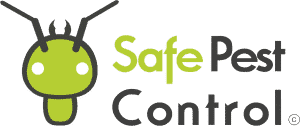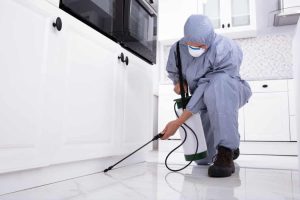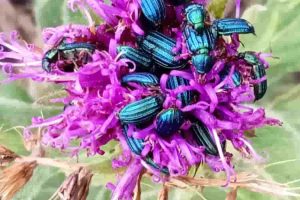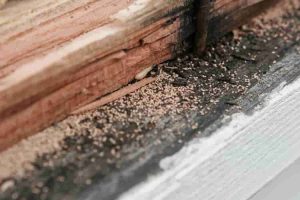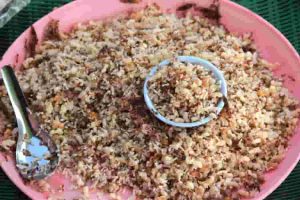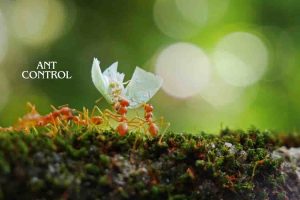Pest control is crucial for maintaining the integrity of our homes and properties. Without it, pests such as termites, rodents, and ants can cause significant property damage, leading to costly repairs and decreased property values. Effective pest control measures can save us from expensive damage and ensure our homes remain safe and sturdy.
Pests not only cause physical damage but also pose health risks to our families. For instance, rodents can carry harmful bacteria and viruses, spreading diseases like salmonellosis. Regular pest control helps minimize these health risks by eliminating these unwanted visitors from our living spaces.
Another critical aspect is safety. Structural damage caused by pests can compromise the safety of our homes. Termites, for example, can weaken the wood structures, making them less stable. By implementing proactive pest control strategies, we can protect the structural integrity and safety of our properties. It’s clear that pest control isn’t just an optional service; it’s a necessary step to protect our investments and well-being.
Understanding Pest Behavior and Risks
Pests, such as rodents and insects, present serious risks to our property and health. By understanding their behavior and associated dangers, we can better manage and prevent infestations.
Common Pests and Associated Dangers
Different pests pose different threats to our homes. Rodents, for example, can chew on electrical wires, leading to potential fire hazards. Termites can cause significant structural damage as they feed on wood. Cockroaches are known to contaminate food and surfaces with bacteria such as Salmonella.
Bed bugs can create a nuisance by infesting mattresses and other furniture, leading to itching and sleep disturbances. Mosquitoes are carriers of diseases like the West Nile Virus and Dengue, which can have serious health impacts. Understanding which pests are most likely to invade our spaces helps us take targeted actions to protect our property.
Health Hazards Posed by Infestations
Pest infestations aren’t just a property threat; they also pose significant health risks. Rodents can spread diseases like Leptospirosis, and their droppings can cause allergies. Mosquitoes, as mentioned, can transmit Zika Virus and Malaria, leading to severe illnesses.
Cockroaches can trigger asthma attacks and allergic reactions, particularly in children. Their presence in homes can also result in the spread of Salmonella and other pathogens. Ticks, often overlooked, can carry Lyme Disease, which causes long-term health issues. By addressing pest control effectively, we can mitigate these health risks and maintain a safer living environment.
Preventive Strategies and Regular Maintenance
To keep properties safe from pest damage, it’s vital to focus on regular inspections, sealing entry points, reducing attractions, and integrated pest management techniques.
Importance of Regular Inspections
Regular inspections are crucial for early detection of pests. By inspecting properties routinely, we can find signs of infestations before they become serious. Early detection is key to preventing extensive damage. Inspections should cover hard-to-reach areas like attics, basements, and behind appliances.
Scheduling regular inspections helps us catch problems early and take immediate action. We check for signs like droppings, gnaw marks, and nests. These inspections not only identify existing issues but also help us understand what’s attracting pests to the property. Routine checks are a proactive step that can save time and money in the long run.
Sealing Entry Points and Reducing Attractions
Pests often enter through small cracks and gaps. Sealing entry points effectively stops them from getting inside. Use materials like caulk and steel wool to block these paths. Pay special attention to areas around doors, windows, pipes, and vents.
Reducing attractions is another important step. Keep the property clean by regularly taking out the trash and storing food in sealed containers. Ensure that outdoor areas, such as gardens and yards, are free from debris and standing water. This kind of maintenance makes the environment less appealing to pests.
Integrated Pest Management Approaches
Integrated Pest Management (IPM) is a balanced approach combining multiple strategies to manage pests. It focuses on long-term prevention and minimal environmental impact. IPM includes methods like biological controls, where we use natural predators to keep pest populations in check.
IPM also emphasizes cleanliness and environmental management. This strategy involves regular sanitation and proper waste disposal to keep pests at bay. Using physical barriers, such as screens and traps, can further prevent infestations. Chemical treatments are used sparingly and only when necessary.
By employing these comprehensive tactics, we can effectively manage pests while ensuring the well-being of our properties and minimizing harm to the environment.
Role of Professional Pest Control Services
Professional pest control services provide an essential safeguard against pest infestations. By utilizing proper treatment methods and effective pest inspections, we can protect our homes from significant structural damage while ensuring compliance with health and safety regulations.
Choosing the Right Pest Control Solutions
Selecting appropriate pest control solutions is crucial for effective pest management. We need to consider various factors such as the type of pests, level of infestation, and potential impacts on health and the environment. A professional pest control company can help us identify the best treatments, ranging from chemical pesticides to non-chemical methods.
Regular pest inspections are vital in preventing prolonged pest activity. Early detection allows us to address problems before they lead to extensive damage. Professional pest control services often employ integrated pest management (IPM) strategies, which combine different methods for a more sustainable approach.
Moreover, professional pest control experts are knowledgeable about the latest products and technologies. They stay updated with current regulations to ensure treatments are safe and compliant with health standards.
Benefits of Professional Intervention
Calling in professional pest control can offer several advantages. First, it provides us with peace of mind, knowing that experts handle pest issues promptly and effectively. This can help us avoid structural damage caused by pests like termites and rodents, which can be costly to repair.
Professionals also possess the expertise and equipment required to deal with diverse pests. They use targeted treatment methods designed to eliminate specific pests without unnecessary exposure to harmful chemicals.
In addition, professional pest control services often offer routine maintenance plans that keep our properties pest-free year-round. These plans include regular inspections and treatments, which are beneficial in identifying early signs of pest activity and preventing future infestations. Working with a professional pest control company ensures we maintain a healthy and safe living environment.
Legal and Financial Considerations
Pest control can significantly impact property value and marketability while ensuring compliance with health and safety standards. These factors are crucial for landlords, property managers, and homeowners.
Impact on Property Value and Marketability
Effective pest control plays a central role in maintaining and enhancing property value. Uncontrolled infestations can cause extensive structural damage, leading to high repair costs. For instance, termites can severely weaken a building, costing thousands in repairs. This, in turn, may lower the property’s marketability, as potential buyers are wary of pest-related issues.
Furthermore, documentation of regular pest control measures can be attractive to potential buyers and renters. It shows the property is well-maintained, reducing their stress and enhancing tenant satisfaction. By preventing damage and maintaining property condition, we can keep our property value stable or even increase it.
Compliance with Health and Safety Standards
We must adhere to health and safety standards to avoid legal troubles. Failure to comply can lead to hefty fines and penalties. Property managers and landlords need to ensure their properties meet the required standards to prevent issues like food contamination and allergic reactions, which can arise from pest infestations.
In commercial properties, especially those in the food industry, compliance with building codes and pest control regulations is crucial. It helps in avoiding negative publicity and legal liability. Regular inspections and proper pest control documentation can safeguard our properties from legal issues and maintain a high quality of life for tenants and customers.
By focusing on these aspects, we ensure our property remains a sound investment free from the complications of pest-related damages and legal penalties.
On-Time Service

5 STAR SERVICE BASED ON 100+ GOOGLE REVIEWS
PET & FAMILY FRIENDLY TREATMENT
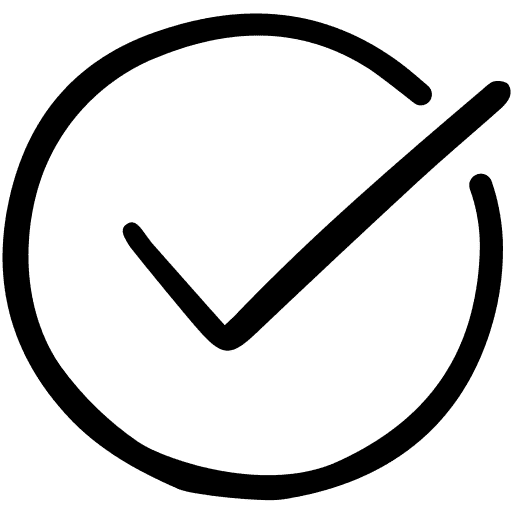
ALL YEAR-ROUND PROTECTION
Take Back Control Now
8
REASON TO CHOOSE SAFE PEST CONTROL
- Guarantee protection all year-round
- 30 Years Collective Experience
- An impeccable reputation across Sydney's Suburbs
- Certified treatments & written Warranty On all work carried out
- Family Owned & Operated
- Rated #1 Pest Control In Sydney NSW
- No Mess, No Smell
- Family & Pet Friendly Treatments
REQUEST A QUOTE
